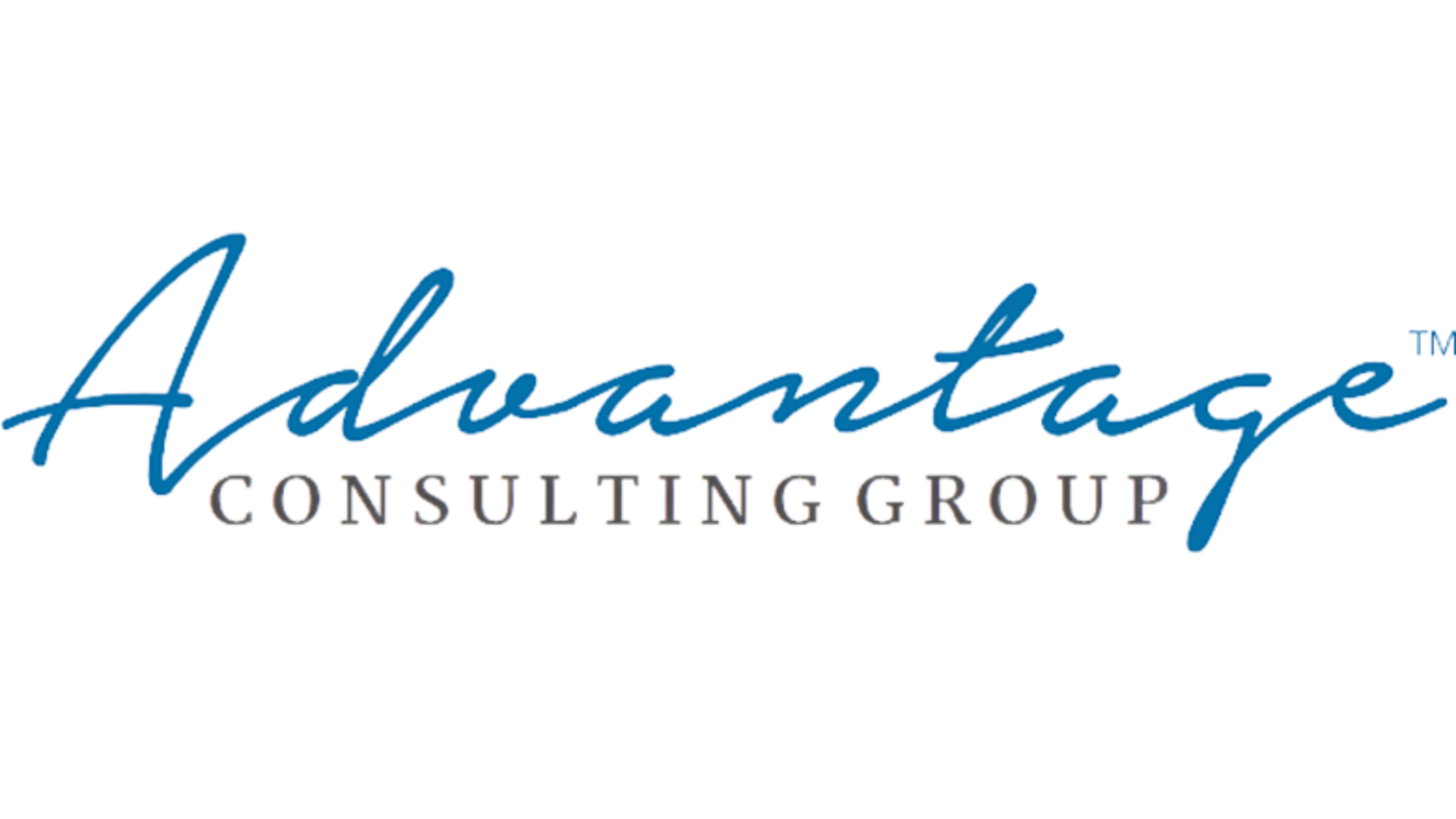The shift toward remote work has become a permanent fixture in today’s business landscape. To harness the benefits of remote work, businesses must adapt their hiring strategies to ensure they bring on the right talent. Here’s how to structure your hiring process for remote employees effectively.
Defining the Role with Precision
Before diving into the candidate search, clearly outlining the responsibilities of the role is essential. This involves more than just listing qualifications—it means providing detailed descriptions of daily tasks, expected outcomes, and long-term goals. In a remote environment, where guidance is often minimal, job clarity becomes a key factor in ensuring productivity. When roles are well defined, candidates can more accurately assess whether they’re the right fit, leading to better hires in the long run.
Evaluating Remote Work Skills
Hiring remote employees requires assessing a unique set of competencies. Beyond technical expertise, successful remote workers need strong communication skills, time management, and self-motivation. Candidates should demonstrate the ability to handle deadlines independently and communicate effectively across digital platforms. During interviews, focus on how the applicant has managed remote projects in the past, their familiarity with collaboration tools, and their ability to work autonomously.
Maintaining a Strong Company Culture
Even though remote employees don’t work from a physical office, it’s important for them to feel connected to the company’s culture. Virtual culture-building activities, regular check-ins, and open communication channels help remote employees feel part of the team. During the hiring process, you should also assess how well candidates align with your company’s values and work environment. A strong culture fit is crucial for long-term employee retention, especially in remote settings where physical interaction is limited.
Leveraging Technology in the Hiring Process
Technology plays a crucial role in hiring remote employees. Video conferencing tools allow hiring managers to conduct virtual interviews that mimic face-to-face interactions, ensuring a more personal touch even at a distance. Additionally, utilizing project management platforms for candidate assessments and cloud-based systems for onboarding ensures a seamless process for both the employer and the new hire. Implementing these tools can streamline recruitment and onboarding for a distributed workforce.
Onboarding and Supporting Remote Employees
Once you’ve found the right candidate, the onboarding process becomes critical. Remote employees, especially those new to virtual work, benefit greatly from a structured onboarding experience. This includes clear documentation, regular touchpoints with managers, and access to necessary tools. Assigning a mentor or peer guide can also help new employees integrate more quickly into the team and company workflow. Onboarding shouldn’t just stop after the first few days; continuous support is necessary to ensure the employee remains engaged and productive in the long term.
A Successful Remote Hiring Strategy
Hiring remote employees can be a seamless process when approached with the right strategy. By focusing on clarity, evaluating remote-specific skills, maintaining strong company culture, leveraging technology, and providing thorough onboarding, businesses can cultivate a thriving remote workforce.
At Advantage Consulting Group, we specialize in helping businesses navigate the complexities of remote hiring. Our expert recruiters work closely with companies to ensure they find the best-fit candidates for their unique needs. To learn more about how we can support your remote hiring efforts, visit Advantage Consulting Group.


